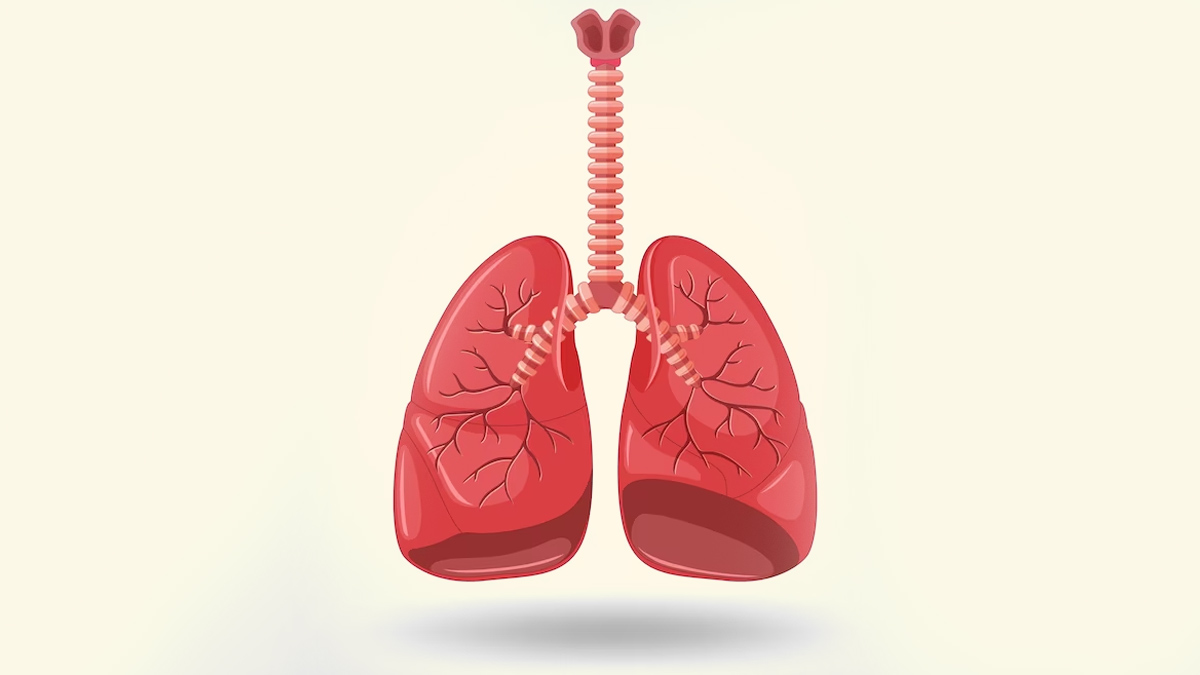
Lung cancer, characterised by the uncontrolled growth of abnormal cells in the lung tissues, is a
a menacing disease which primarily affects the lungs, its far-reaching impact extends to the entire body, wreaking havoc on vital organs and jeopardising overall well-being.
Table of Content:-
According to the World Health Organization (WHO), lung cancer is the leading cause of cancer-related deaths worldwide, accounting for nearly 1.8 million fatalities each year.
To know more about implications for immunotherapy in lung cancer, we reached to Dr Sushatkumar Ikhar, HCG NCHRI Cancer Centre - Nagpur, Maharashtra.
How Body’s Immune System Can Be Enhanced
Immunotherapy stimulates the body's immune system to recognise and attack developing cancer cells more effectively. One of the most unique mechanisms that make immunotherapy a preferred treatment method is checkpoint inhibitors. These checkpoint inhibitors work by blocking proteins that cancer cells use to get away from the immune system, this allows the immune cells to identify and destroy the tumour.
Also read: Worried If Cervical Cancer Can Lead To Infertility? Here's What Expert Has To Say
Regarding lung cancer, immunotherapy stimulates cytotoxic T cells that can quickly identify and eliminate the tumours. This method can help overcome the immune suppressive environment usually found in lung tumours, making them vulnerable to immune attacks.
Survival Rates
“Using immunotherapy in Lung cancer has, over time, shown positive results, it is an effective way that has expanded the treatment options for lung cancer patients”, says Dr Ikhar.

There have been trials that have been conducted that also show greater survival rates even though the disease has reached an advanced level.
Most Common Treatment For Lung Cancer
The most common treatment ranges from chemotherapy, radiation, TKI (tablet targeting mutation in tumour) and immunotherapy, in a selected few early stages, surgery can be done. The way immunotherapy works is unlike any other.
The therapy harnesses the human body's immune system to target and destroy cancer cells. This treatment has practically changed how lung cancer is treated. It is also proven to improve the outcomes and quality of life for people battling lung cancer.
Immunotherapy Vs Chemotherapy
Compared to traditional treatments like chemotherapy, there are many advantages when patients opt for immunotherapy.
According to Dr Ikhar, in case of chemotherapy, the treatment tends to cause added damage because of its non-selective cell-targeting nature, while immunotherapy targets cancer cells specifically hence damage to healthy cells is minimal.

Immunotherapy sometimes results in lesser side effects such as nausea, fatigue and hair loss, mostly associated with chemotherapy.
Also read: Head And Neck Cancer: Symptoms, Diagnosis, And Treatment
Immunotherapy has been known to provide durable responses, which leads to cures for some individuals. This is particularly encouraging for lung cancer patients who are typically old aged and have poor tolerance to chemotherapy alone.
A ground-breaking approach to battle lung cancer, immunotherapy represents medical advancement. This treatment enhances the immune response, minimises toxicity, offers personalised treatments, and improves overall survival rates. With proper implementation of the therapy, this treatment provides a sigh of relief for lung cancer patients and their families.
Also watch this video
How we keep this article up to date:
We work with experts and keep a close eye on the latest in health and wellness. Whenever there is a new research or helpful information, we update our articles with accurate and useful advice.
Current Version